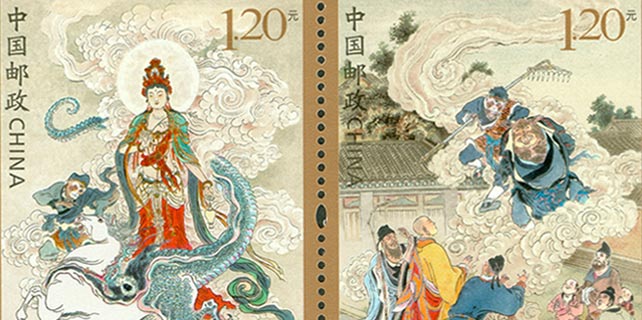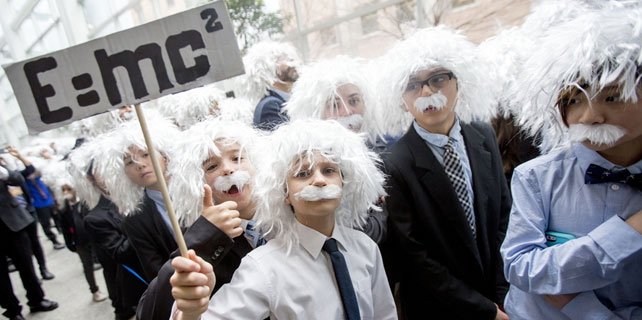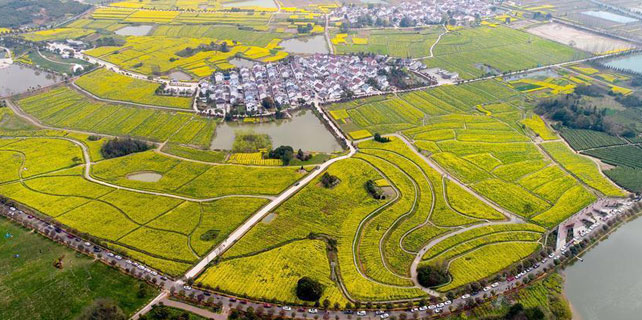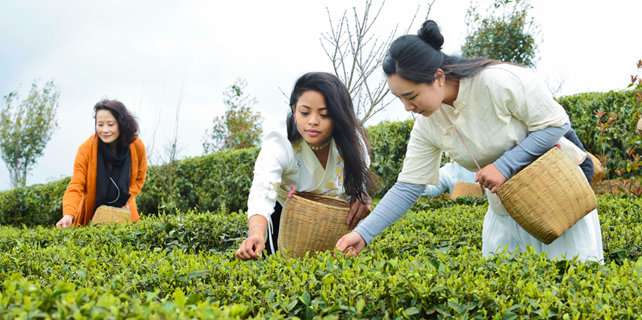Large crowds expected for Qingming Festival
The city's management office for matters related to the annual Qingming Festival, also known as the Tomb-Sweeping Day, has suggested that people should visit the tombs of their ancestors before or after the three-day public holiday to avoid the crowds.
This year's Qingming Festival falls on April 4.
Officials expect about 5 million people to visit memorial parks around the city from April 2 to 4, with crowd figures peaking on the actual day at 2.7 million. They added that 740,000 people have already visited the memorial parks on the weekend of March 25 and 26.
"It's a tradition to visit the tomb of a loved one on Tomb-Sweeping Day within three years of the death. This is why memorial parks are usually extremely crowded on the day itself," explained Qiao Meixiao, a 59-year-old Shanghai native.
"After three years, people can select any day to visit the tomb. It could be the day the ashes of the deceased was buried or sometime around the winter solstice. But people usually pick a day before Tomb-Sweeping Day," she added.
Tomb-Sweeping Day, which takes place between the second and the third month of spring on the Chinese lunar calendar, originated during the Zhou dynasties (c.11th century-256 BC). The occasion is considered one of the most important traditional Chinese festivals, alongside the Spring Festival, Mid-Autumn Festival and Dragon Boat Festival.
In May 2006, the State Council placed the event on the first national-level list of intangible cultural heritages. The event has since 2009 been a three-day holiday as some people have to make long trips back to their hometowns for the occasion.
Families usually prepare two types of items before visiting the memorial parks: paper offerings and cooked food.
"We used to handmake the 'bank notes' with tinfoil paper but most people today buy them as it's more convenient. People believe that by burning these offerings, the dead would have money to spend in the other world," said Bao Meiyuan, an 87-year-old Shanghai resident.
"People usually prepare the favorite dishes of their late family members. The number of the dishes and the number of each kind of fruit must be an odd number as even numbers are usually reserved for joyous occasions, such as the birth of a child and weddings."
She added it is a practice for people to speak to the tombs as a way of updating the deceased about the latest changes in the family, such as a new child or if someone was promoted.
"We also request the deceased to bless us as we believe the forefathers are closely related to the rise and fall of their offspring," said Bao.
Wearing bright colored clothes to memorial parks is frowned upon and pregnant women, infants and young children are usually not brought along for these visits.
"It's not a place associated with good luck," she explained.
zhouwenting@chinadaily.com.cn









